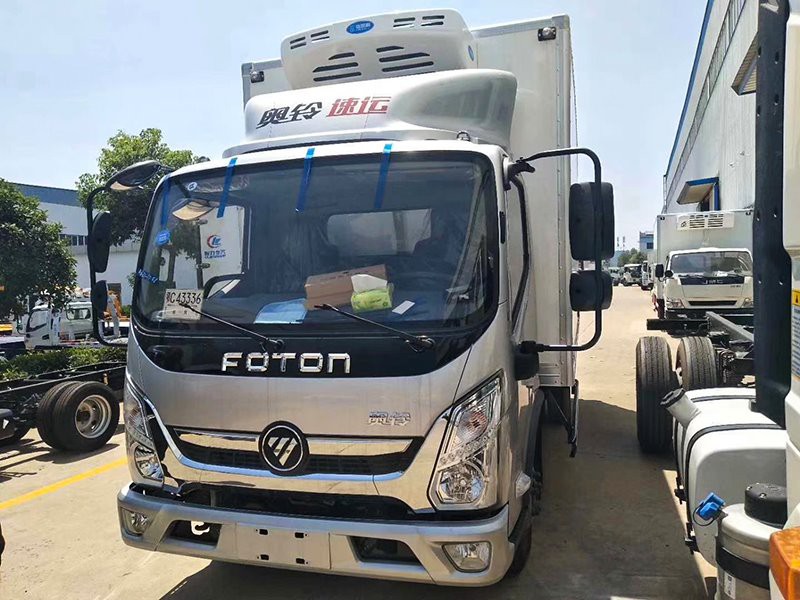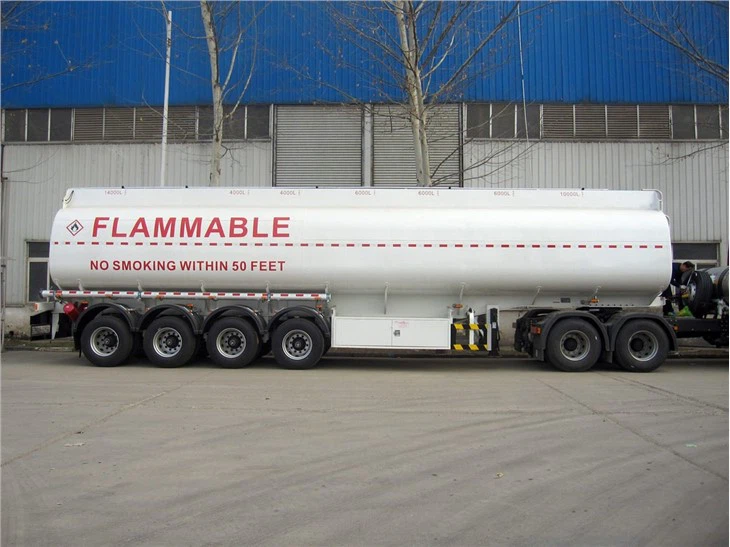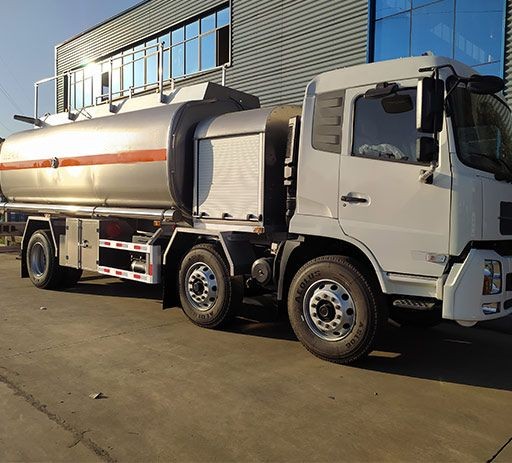RV vs Camper: Which is Right for You?

Introduction
When it comes to outdoor adventures, the choice between an RV (Recreational Vehicle) and a camper can determine the quality of your experience. Both options provide a unique way to explore the great outdoors, yet they cater to different needs and preferences. Whether you’re planning a road trip, a weekend getaway, or an extended travel experience, understanding the pros and cons of RVs and campers is crucial in making the right decision. In this comprehensive guide, we’ll delve into the differences, advantages, and practical tips for both RVs and campers, helping you to choose the best option for your lifestyle.
What is an RV?
An RV, or recreational vehicle, is a motorized or towable vehicle that combines transportation and living quarters. RVs come in various styles and sizes, catering to different types of travelers, from solo adventurers to large families.
Types of RVs
RVs can be divided into several categories:
- Motorhomes: These are self-contained vehicles with living spaces. They come in three types:
- Class A: Large and luxurious, often resembling buses.
- Class B: Also known as camper vans, these are compact and easy to drive.
- Class C: Mid-sized RVs that often feature an over-cab sleeping area.
- Towable RVs: Trailers that need to be towed by a vehicle. Types include:
- Travel Trailers: Versatile trailers available in various sizes.
- Fifth-Wheel Trailers: Larger trailers requiring a special hitch in the bed of a pickup truck.
Benefits of RVs
- Comfort: RVs are equipped with modern amenities like kitchens, bathrooms, and comfortable sleeping areas.
- Convenience: They allow for easy access to accommodations anywhere you go.
- Economical for Long Trips: An RV can save you money on hotels and dining.
What is a Camper?
A camper can refer to a variety of camping setups, from tents to more elaborate configurations like truck campers. However, in the context of RVs, it often refers to travel trailers and similar towable units that provide a living space but require a separate vehicle for transportation.
Types of Campers
Campers also come in multiple forms:
- Pop-up Campers: Foldable tents on a trailer that can be towed easily.
- Truck Campers: Compact units that can be loaded onto the bed of a pickup truck.
- Teardrop Trailers: Small, lightweight trailers with basic amenities.
Benefits of Campers
- Affordability: Generally, campers are less expensive than RVs.
- Ease of Use: Smaller, lightweight units are easier to tow and park.
- Closer to Nature: Many campers offer a more ‘outdoor’ experience, making you feel closer to your environment.
Key Differences Between RVs and Campers
| Criteria | RVs | Campers |
|---|---|---|
| Cost | Generally more expensive | More affordable |
| Size/Weight | Larger and heavier | Compact and lightweight |
| Comfort | Higher comfort with full amenities | Basic amenities, dependent on type |
| Driving | Self-contained; driven like a car | Towed behind a vehicle |
| Set-Up Time | Minimal; usually ready to go | May require more set-up time |
Usage Scenarios
Long Road Trips
For long trips across the country, an RV might be the most comfortable choice. The amenities available in an RV can make long drives more enjoyable. Families can use the bathroom, prepare meals, and relax during travel. A camper, however, can work just as effectively, provided you plan for stops and have your vehicle ready for the load.
Weekend Getaways
Let’s say you want to escape for the weekend. A camper could be perfect, especially if you’re heading to a campground. It’s significantly easier to tow a trailer than to drive a large RV into a filled campground. Additionally, campers can be set up quickly, allowing you to maximize your time outdoors.
Family Vacations
Both options have their uptime for family vacations. An RV can accommodate more individuals comfortably, offering private sleeping areas and several common spaces. On the other hand, a camper may involve less initial investment but might limit space depending on size.
Considerations for Choosing Between RVs and Campers
Budget

Your budget can significantly influence your choice. Consider not just the purchase price but also ongoing costs like maintenance, insurance, and fuel. Generally, RVs have higher initial costs but may provide better amenities for long-term use.
Travel Style
If you enjoy impromptu trips, an RV might facilitate this better. With fewer set-up procedures, you can easily hit the road without much preparation. On the other hand, if you prefer reserving camping sites and want to immerse into nature, a camper may align better with your lifestyle.
Storage and Parking
Consider where you will store your vehicle when it’s not in use. RVs require more space and larger parking spots, whereas campers, especially smaller types, can be more manageable.
Family Size and Needs
How many people will be traveling with you? RVs generally cater better to larger groups, offering multiple sleeping areas. For solo travelers or couples, a compact camper may provide enough space without unnecessary bulk.
Practical Tips for RV and Camper Owners
Maintenance Tips
Regular maintenance of your vehicle is crucial for safety and longevity.
- Check for leaks and water damage regularly.
- Inspect tires before each trip.
- Test electrical systems and appliances periodically.
Preparing for a Trip
Planning is vital for a hassle-free trip.
- Make a checklist of all necessary items including food, clothing, and tools.
- Check local campgrounds for amenities and requirements.
- Plan your routes and potential stops along the way.
Staying Safe
Safety should always be a priority.
- Always comply with weight limits while towing.
- Use mirrors or cameras to ensure you have good visibility.
- Have safety gear, including a first aid kit, on board.
FAQs
1. Can I live in an RV full-time?
Yes, many people live in RVs full-time, and there are several communities and campgrounds designed for long-term stays. It’s important to plan your budget and ensure you have access to necessary amenities.
2. Are campers easier to tow than RVs?
Typically, yes. Campers are smaller and lighter than most RVs, making them easier to tow. However, check your vehicle’s towing capacity to ensure it is appropriate for the camper you choose.
3. What’s the average lifespan of an RV?

RVs can last anywhere from 10 to 30 years, depending on usage and maintenance. Regular upkeep can extend the lifespan significantly.
4. Do RVs have better fuel efficiency than campers?

Generally, RVs tend to be less fuel-efficient because they are larger and heavier. Campers attached to a car can be more economical, especially if the towing vehicle is fuel-efficient.
5. How do I choose the right size RV or camper?
Consider how many people will be using it, the type of trips you’ll take, and where you plan to park or store your vehicle. Measure your space to find a size that meets your needs comfortably.
6. What are the costs involved in owning an RV or camper?
Costs may include the purchase price, insurance, maintenance, fuel, registration, and campground fees. It’s essential to factor in all these when considering your budget.
